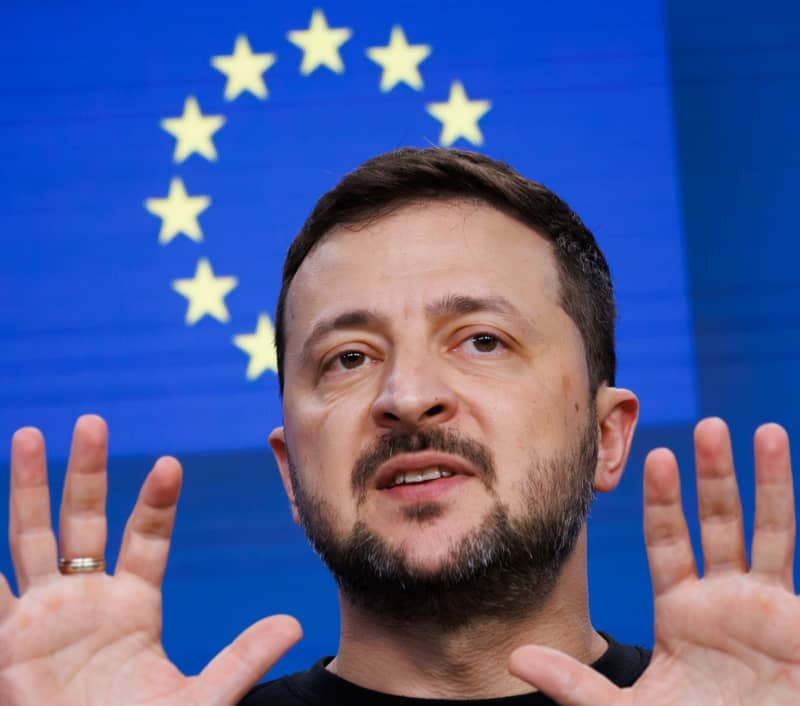Ukrainian President Volodymyr Zelensky has expressed grave concerns regarding the possibility of Russia deploying North Korean soldiers in the ongoing conflict as early as this weekend. He shared this information through a post on X, where he indicated that intelligence assessments pointed to the mobilization of North Korean military units starting from October 27 or 28. Zelensky characterized this potential deployment as a “clear escalation” in Russia’s military activities. This development signals Russian President Vladimir Putin’s commitment to prolonging the war, according to Zelensky, who emphasized that Putin has not publicly disputed claims regarding the transfer and training of North Korean forces to assist in the conflict in Ukraine. The President’s statements illustrate a deepening of alliances that could intensify hostilities.
In light of these developments, Zelensky highlighted the importance of a robust international response, urging global leaders to take a unified stand against Moscow and Pyongyang’s collaborative efforts. He stressed that the world’s awareness of Russia’s intentions is critical, advocating for tangible and sustained pressure on both nations to deter further aggression. The urgency of these comments underscores a broader concern over the implications of North Korea’s involvement in the conflict, which could lead to a significant shift in the dynamics of the war. Zelensky’s call for action illustrates the need for solidarity among nations to confront the challenges posed by such alliances.
Zelensky’s comments coincided with the ratification of a partnership treaty between Russia and North Korea by the Russian lower house of parliament, suggesting formalized cooperation between the two states. This treaty appears to underscore a growing military and political alliance amid international isolation faced by North Korea. In a separate statement made in the city of Kazan, President Putin dismissed global criticism surrounding the potential sending of North Korean troops, asserting that the relationship with Pyongyang is serious and that Russia has confidence in the North Korean leadership’s adherence to their agreements. This stance illustrates Putin’s determination to solidify ties with North Korea as a means of reinforcing his military capabilities in Ukraine.
Meanwhile, German Chancellor Olaf Scholz also weighed in on the situation, describing the reports of North Korean troop deployment as “very worrying.” Speaking during a trip to India, Scholz emphasized that such developments should not be underestimated and reflect an escalation of the ongoing conflict. He suggested that this move indicates Putin’s precarious position in the war and reinforces the necessity for continued support for Ukraine. Scholz’s comments reveal a consensus among European leaders regarding the severity of the situation and the imperative for sustained diplomatic efforts to promote peace and stability in the region.
The apprehension expressed by Western leaders is fueled by the recognition that North Korea’s participation in the conflict could embolden Russian military strategies and prolong hostilities in Ukraine. The potential for an influx of North Korean troops raises significant concerns over the humanitarian and geopolitical implications of this military collaboration. The situation demands vigilant monitoring and responsive strategies from the international community to mitigate further escalation and address the root causes of the conflict.
As the prospects of increased military collaboration between Russia and North Korea become evident, the necessity for a cohesive and principled response from global leaders grows more urgent. The unfolding scenario highlights the interconnectedness of geopolitical tensions and the impact of international alliances on regional conflicts. Zelensky’s acknowledgment of the broader implications of Russian-North Korean cooperation points to a critical juncture in the ongoing war, necessitating a collective international effort to ensure that aggressive maneuvers do not undermine efforts for peace and stability in Ukraine and beyond.

